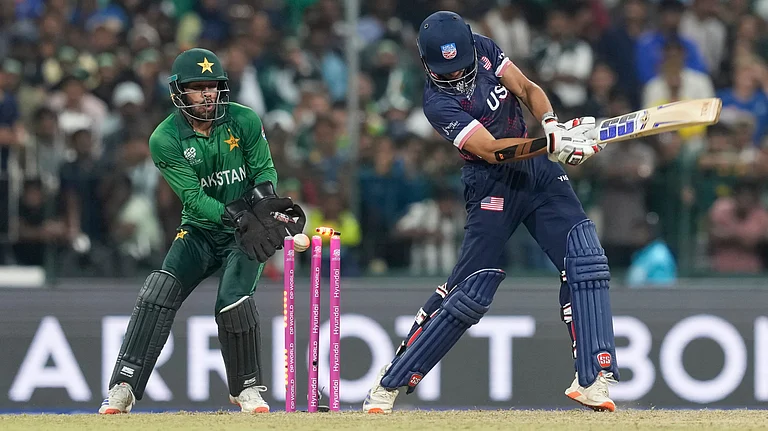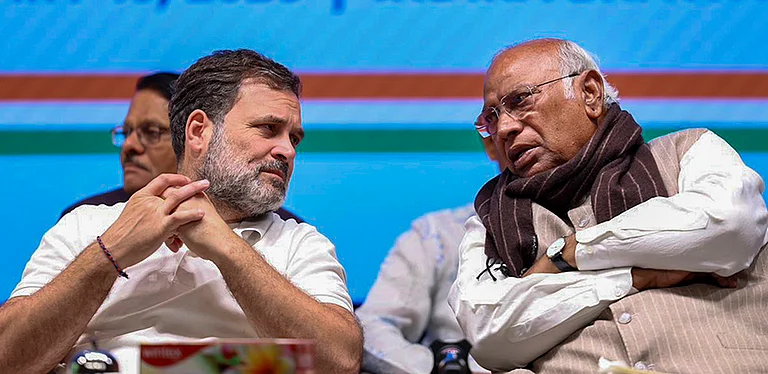Every once in a while, a horrific incident—such as the molestation of a young girl on the busy streets of a metro—turns the spotlight on the media. The big question over the Guwahati incident is about the role of TV journalists in allegedly egging on the assault. It seems the media, desperate for one sensational story after another, is increasingly crossing boundaries.
In the crowded television space of Assam, where nine news channels are currently in operation, six are bankrolled by chit-fund managers and politicians, mainly from the ruling Congress. The competition for eyeballs is really tough. Reporters hunt for anything that can be made into a story, and grabbing a girl outside a pub is apparently the result of such zealous pursuit of “stories”: news situations are apparently created and beamed for quick consumption, “reality TV” so to speak.
The incident being investigated now was a prime-time telecast by the Guwahati-based News Live on July 9. The next day, the scroll run with the telecast said in Assamese, “A girl creating nuisance outside a pub”, rather than focus on the beastly assault she was subjected to. Atanu Bhuyan, who has since resigned as editor-in-chief of the channel over allegations about the channel’s role in the incident, says, “We did announce the incident as a promo, and had discussions on the issue as well.” He says his reporter erred in identifying the victim by name, but claims the reporter also informed the police of the assault on the girl “within 15 minutes”. Not many buy Bhuyan’s claim that the camera focused more on the assailants.
Manoj Goswami, managing editor at DY-365, another news channel, says, “There’s a crude way of tracking and portraying news here among channels that are desperate to get the news first.” For instance, only last month, Rumi Nath, an MLA, was punched and brutalised by a mob as the cameras rolled on.
The jury is still out on whether News Live did in fact manufacture the incident, as it’s being alleged. “In a regional environment, the competition can be greater,” says Rajdeep Sardesai of CNN-IBN. “Hence the tendency to bend the rules. But national channels can also be as guilty.”


























